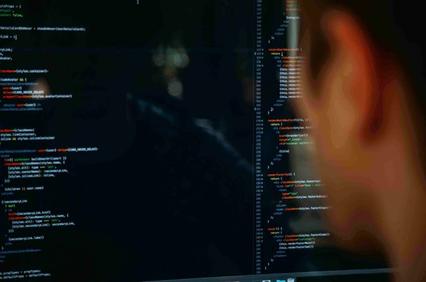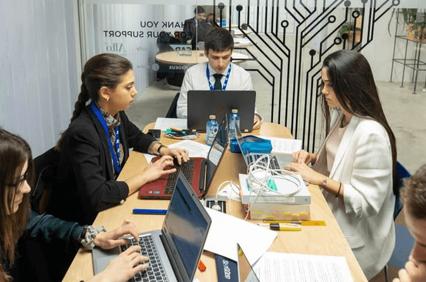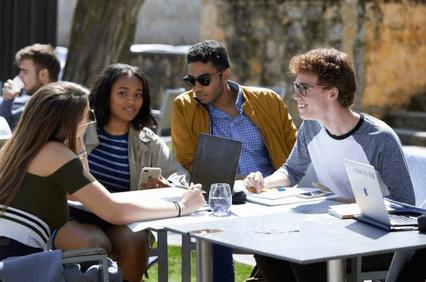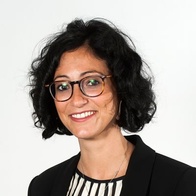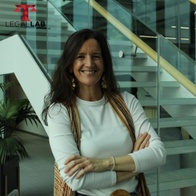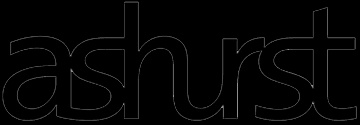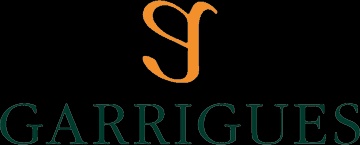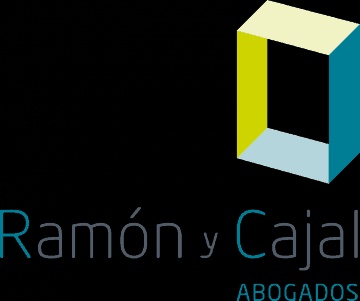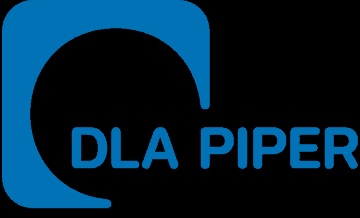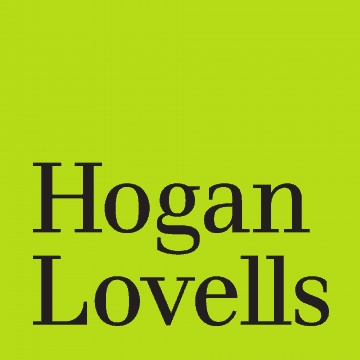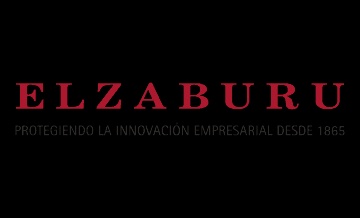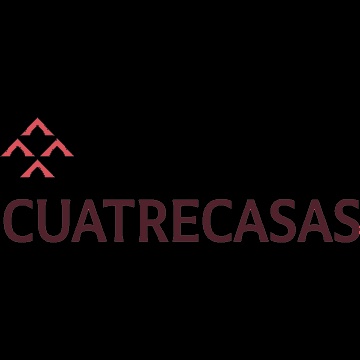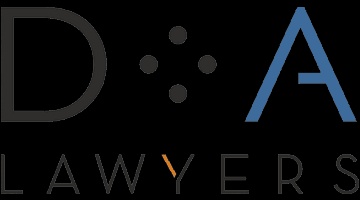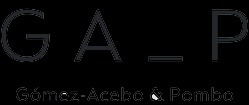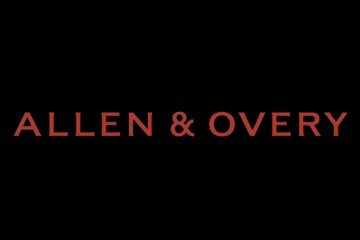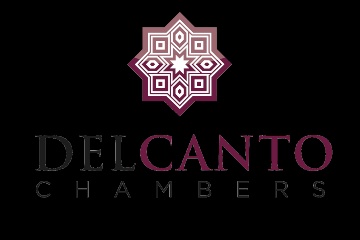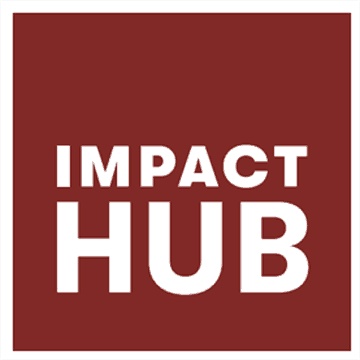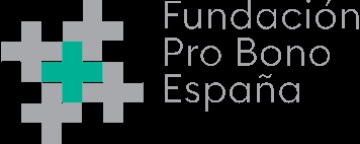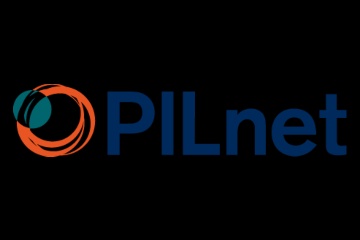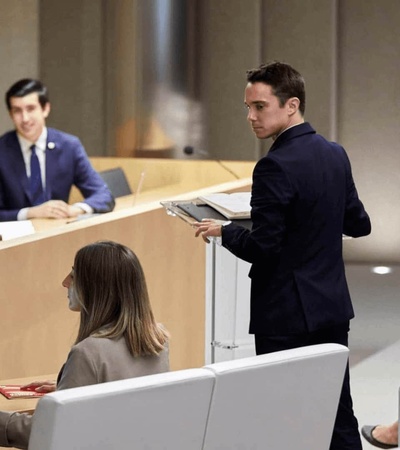
IE LAW SCHOOL LEGAL CLINIC
IE LAW SCHOOL LEGAL CLINIC
- Home
- Knowledge Exchange At Ie Law School
- Ie Law School Legal Clinic
LEGAL CLINIC: REAL WORLD AND PRACTICAL EXPERIENCE WITH IMPACT
LEGAL CLINIC: REAL WORLD AND PRACTICAL EXPERIENCE WITH IMPACT
The Legal Clinic at IE Law School was launched in 2014 with the aim of bringing the School’s students closer to the professional practice of lawyering by working pro bono. Legal clinics, which have emerged and have become very popular in the United States, are an innovative way to teach Law through practice.
Through the Legal Clinic, undergraduate and postgraduate students provide legal service to NGOs and Startups with the advice and guidance of professors and lawyers. Our Clinic advises on legal aspects of social projects around the world (for instance, in Africa, Latin America and Spain).
The legal areas in which legal advice is offered are very diverse, from the protection of human rights to the compliance with current data protection regulations, and questions regarding contract and property law.
The main clients of the Legal Clinic are international NGOs, as well as startups founded by entrepreneurs from various economic sectors. A large number of global law firms collaborate with the Legal Clinic, teaching and supporting students in this practical activity.
clinical education program
clinical education program
WHAT IS THE IE LEGAL CLINIC?
The Legal Clinic is an IE Law School program that provides hand-on experience to law students through the pro bono practice. Startups, social entrepreneurs, NGOs, foundations and other organizations benefit from our students’ legal services.
The students’ work is supervised by either a practicing lawyer or an internal professor. Each project is assigned to a team composed of one or more undergraduate students and a LL.M. student.
WHAT SKILLS WILL STUDENTS ACQUIRE AT THE IE LEGAL CLINIC?
The students that participate in the Legal Clinic have real hands on experience from the very first day. This enables them to work on their legal research skills, drafting and presentation capabilities, as well as critical thinking, creativity in finding solutions, ability to work independently and as part of a group and to interact with different legal stakeholders (clients and lawyers). Furthermore, it provides students with a wider vision of Law, by offering a variety of projects, which fall under different areas.
WHY IS IE’S LEGAL CLINIC PROGRAM UNIQUE?
IE´s Legal Clinic program is unique because it provides students as early as year 1 with the opportunity to work on real cases with LL.M. students, prestigious law firms and clients, getting first-hand experience in providing research and legal advice.
In addition, many of our projects have an international element: this is a unique feature of the IE Legal Clinic, which is aligned with the values of IE University. Indeed, most of our students are international and the undergraduate programs follow a comparative law methodology that enables them to deal with cross-border cases.
- 70,000PRO-BONO HOURS
- 500enrolled students
- 50+nationalities involved
DISCOVER THE LATEST PROJECTS OF OUR LEGAL CLINIC
DISCOVER THE LATEST PROJECTS OF OUR LEGAL CLINIC
A GUIDE TO LIVING WITH THE ALGORITHM
Students develop an innovative project to raise awareness of new technologies. This guide, commissioned by the Foro de la Sociedad Civil, aims to give citizens a broad yet useful understanding of the role of algorithms in our daily lives.
VOLUNTECHIES: BRINGING TECHNOLOGY TO HOSPITALIZED CHILDREN AND ADULTS
Voluntechies turned to our Legal Clinic to understand the organization’s civil responsibility by revising its volunteer insurance policies and checking collaboration agreements to ensure they complied with data protection regulations.
ARQUETIPOS: A PROJECT THAT CONTRIBUTES TO IMPROVING INDIGENOUS GROUPS’ QUALITY OF LIFE
MADRID FUTURO
LAW FIRM: ALLEN & OVERY
Madrid Futuro is a non-profit association, driven by civil society, which seeks to transform and promote the city as it recovers from the crisis COVID
The association aims to implement in Madrid city a project by which the city will be more sustainable and technological. It will create a Sandbox in Villaverde to allow star ups and companies to develop their sustainable and technological projects there. The Legal Clinic assisted them to search whether municipal regulations should be reviewed or not for the implementation of its goals.
MAX PLANCK FUNDATION
SUPERVISOR: JOHANNES KRUSSEMARK (MANAGING DIRECTOR OF THE MPFPR)
The Max Planck Foundation for International Peace and the Rule of Law provides assistance to the reconstruction or restructuring of the internal organisation to States which have experienced radical change in relation to their constitutional law. Beneficiaries and stakeholders of the Foundation’s expertise include States which are trying to re-establish public order following civil wars, States undergoing a change of direction (e.g. Sudan or Somalia), new States which come into existence after having seceded from other States (such as South Sudan) and States which are trying to realign their legal systems in the aftermath of the Arab Spring.
The Legal Clinic has provided the Foundation legal research for some projects that the MPFPR has in America and Asia (in countries such as Sri Lanka, Vietnam and Chile) with the aim of helping to improve the application of democratic principles and the separation of powers.
INCLUSIVE, BUT ALSO SPECIAL
LAW FIRM: BDO SPAIN
This organization is devoted to protect the rights of disabled people in the area of education. In particular, in relation to recent drafts on education bills.
The Legal Clinic has supported them in the drafting of a report on international human rights texts applicable in Spain to determine how education for disable people was addressed.
FUNDACIÓN AMIGÓ
SUPERVISOR: PATRICIA GARCÍA RODRÍGUEZ (ADJUNCT PROFESSOR, IE LAW SCHOOL)
IE University’s Legal Clinic has worked on a collaborative Project with Fundación Luis Amigó’s Centro de Día y Kanguroteca. This day care center provides a space for the education of vulnerable children and adolescents who are at risk of social exclusion, while also offering support for any women or children who need help.
The Legal Clinic has created a comprehensive legal guide so that families and caretakers at the center have a resource to turn to when advocating for the rights of the most vulnerable. The guide provides information on topics such as immigration, mínimum wage, rent, family issues (marriage, divorce and alimony), labor rights for victims of gender-based violence, sexual violence and harassment, and the approval of professional titles, among others.
COLECTIVO AZÁLVARO
SUPERVISOR: FERNANDO PASTOR MERCHANTE (ASSISTANT PROFESSOR, IE LAW SCHOOL)
Colectivo Azálvaro is a non-profit organization located in El Espinar, Segovia. As part of their mission, they seek to protect nature and the environment, with special attention paid to theconservation of birds of prey. The Legal Clinic has prepared a report that studies and analyzes the legal consequences of Colectivo Azálvaro’s communications with the state, Administración Central (Red de Carreteras del Estado). It also studies its obligation to carry out a simplified environmental impactassessment of the SG-500 road.
FUNDACIÓN LUZÓN
LAW FIRM: BIRD&BIRD
Fundación Luzón is an independent non-profit organization dedicated to improving living conditions for patients with amyotrophic lateral sclerosis (ALS) and their families.
The Legal Clinic has provided a comparative law report describing the regulation of health systems in certain European countries: Germany, Switzerland, the United Kingdom, France, Spain, Portugal and Italy. The aim of the report is to recommend improvements in the Spanish regulation of health systems with regard to ALS.
FUNDACIÓN POMBO RULE OF LAW
SUPERVISOR: BART WAUTERS (ASSISTANT PROFESSOR, IE LAW SCHOOL)
The Fundación Pombo and IE Legal Clinic Project aimed to advance the rule of law in businesses. The project studied the IBEX 35 companies at the top of the Spanish market, evaluating which aspects of the rule of law they prioritised and where the companies could learn from their competitors.
The Legal Clinic developed a questionnaire to assess the companies’ performance in the following areas pertaining to the rule of law: access to justice, accountability, administration of justice, equality and legal certainty. The questionnaire has been finalized two years later and is now ready to be filled out by the IBEX 35 companies. Once the Legal Clinic receives the answers to the questionnaire, they can do a comparative analysis between the companies, highlighting the areas that need to be worked on and sharing best practices.
The project is hoped to guide Spain’s biggest companies that operate internationally to advancethe rule of law in their daily business.
BRIDGE FOR BILLIONS
LAW FIRM: LATHAM & WATKINS
This was an on-line incubation software for entrepreneurs to develop their business together with a mentor. Based on the information that entrepreneurs provided in their application, they were matched (taking into account language, interests, and expertise) with one of their mentors who provided insight and feedback through out the business development process. The online workspace assisted the entrepreneur in developing the venture helped by the mentor.
Geography is the largest barrier for entrepreneurs not located in major innovation hubs. Bridge for Billions bridges this gap by providing an online incubator that connects early-stage start-ups with training and mentors. Ultimately, this creates an impact in each of the entrepreneur’s communities. They have been awarded for social entrepreneurship in Forbes 30 under 30.
The Legal Clinic role in this project was to review the mentorship agreement and to draft a reporton dispute resolution, data protection and applicablelawaspects of Bridge for Billion sactivity.
REFUGEE WORK
LAW FIRMS: ASHURST AND DENTONS
This is a social entrepreneurship Project which intended to implement an on line virtual platform that connects refugees with enterprises and look for the better match in order to Foster their integration in the host countries, an idea already working in Austria.
There were several sets of legal issues at stake, supervised by two different law firms (depending on their respective expertise): (i) migration law: who and under what conditions is allowed to work in Spain; (ii) Personal data; (iii) trademark law (how to register, price, rights attached), (iv) corporate law: options to implement the idea (through a branchor a subsidiary, procedures needed in each case and money to be spent); (v) other issues related to the use of the service through theplatform, for instance the terms and conditions.
CHAPTER TWO
LAW FIRM: PÉREZ-LLORCA
Social entrepreneur which provided assistance to asylum seekers by helping them to start their own business in rural areas. The access to information and advice in such places as to what a refugee can and cannot do during the asylum process is not easy. Our students drafted a report on that matters.
IT WILL BE
LAW FIRMS: HOGAN LOVELLS AND ELZABURU
NGO working with biometrics software, which faces difficulties as regards processing personal data both in Spain and through their partners in other jurisdictions. The students drafted a comparative law report on data protection in Spain, India, Sierra Leona, Colombia, Perú and México.
Meet IE Law School Legal Clinic's Team
Meet IE Law School Legal Clinic's Team
Meet the team and learn more about the dedicated individuals who make it up and the impactful work they do:
- Bárbara GómezLLBBIR Student
"The Legal Clinic gives you the opportunity to choose a project you like. In my case, I am drafting a report about China’s Rule of Law. This project has given me the opportunity to have an insight into their legal system, learn new legal vocabulary to understand their constitution and its amendments better based on the political context."
- Sara SánchezIE Legal Clinic Co-Director
"The Legal Clinic is a unique initiative that embeds the best practices of the Law School. It provides legal assistance to NGOs, Foundations and Entrepreneurs following a comparative and global law methodology, which is distinct and uncommon in the market – although a hallmark of IE."
- Sonsoles Arias GuedónIE Legal Clinic Director
“The Legal Clinic is the best legal laboratory to experience first-hand legal advice in a real way to those who need it most. All branches of law are available for advice, making the IE Law School Legal Clinic an ideal place to learn about any legal issue”.
LAW FIRMS that collaborate with the IE Legal Clinic
LAW FIRMS that collaborate with the IE Legal Clinic
You can find some of them below:
OTHER COLLABORATORS
OTHER COLLABORATORS
These are some of the hubs and foundations that work closely with the IE Legal Clinic:
Additionally, students work with the IEU Startup, Social Impact and International Relations Labs as well as the IE Venture Lab (Area 31). More foundations include the Legal Response Initiative (London-based), Areteia, Fundación Cuidados Dignos, Asociación de Padres con Niños Prematuros (APREM), among others.
ATTORNEYS & SUPERVISORS (HOW THEY ARE ABLE TO PARTICIPATE)
ATTORNEYS & SUPERVISORS (HOW THEY ARE ABLE TO PARTICIPATE)
We regularly collaborate with law firms such as Ashurst, Latham & Watkins, Garrigues, Pérez-Llorca, Ramón y Cajal, DLA Piper, Hogan Lovells, Dentons, Ventura Garcés-López Ibor, Elzaburu or Cuatrecasas.
